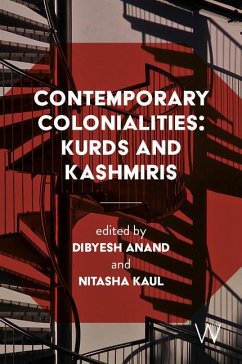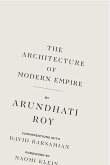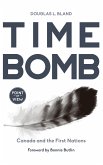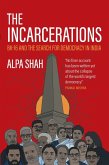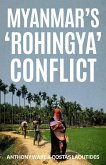We live in a world dominated by states and statist knowledge; this is a world where, for multiple institutional and political reasons, it is rare to speak of more than one stateless nation, and there is a conspicuous neglect of non-Western colonial practices. This volume brings together scholarship on two peoples associated with 'conflict' but who we argue are best described as 'stateless nations' Kurds and Kashmiris. Both these contexts raise important questions relating to coloniality, sovereignty, statehood, self-determination and human rights, and yet they have never been studied together. Our intervention challenges the 'sovereignty privilege' in International Relations and calls upon postcolonial and decolonial studies to take anti-colonialism seriously by focusing on contemporary stateless nations. The Kurdish and Kashmiri conflicts are more than power-laden contestations by states over territories; they are colonialities of power experienced by embodied individuals and involve mobilised communities of stateless nations with different gendered and political vulnerabilities. "This book addresses the complex issue of colonialism and nationalism among the Kurds who live in Turkey and the Kashmiris who live in the valley of Kashmir. For those wishing to understand the respective political, religious and social challenges of both groups, this book is essential reading." Victoria Schofield, author of Kashmir in the Crossfire and Kashmir in Conflict
Hinweis: Dieser Artikel kann nur an eine deutsche Lieferadresse ausgeliefert werden.
Hinweis: Dieser Artikel kann nur an eine deutsche Lieferadresse ausgeliefert werden.

